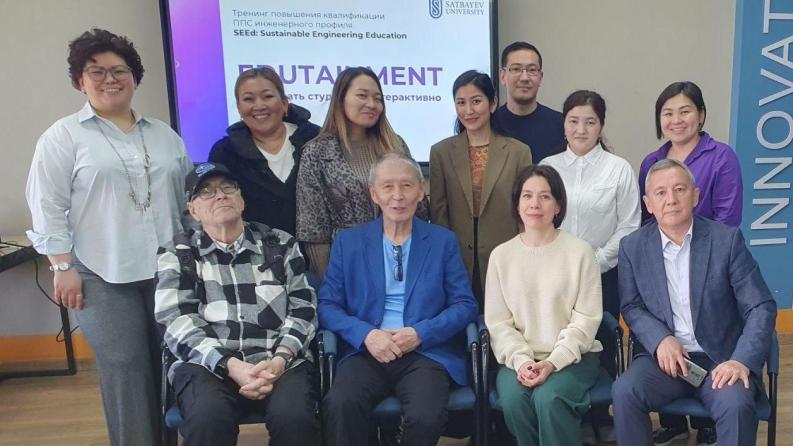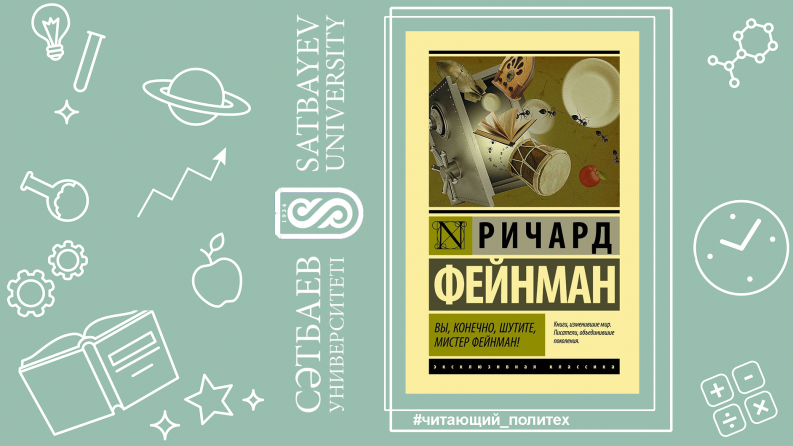How to Rethink Engineering Education in the Era of Sustainable Development?

In April 2025, the research team of Satbayev University conducted a research workshop titled "SEEd: Sustainable Engineering Education". The event was held as part of the project "Development of a National Model of Engineering Education in the Context of the Sustainable Development Goals", coordinated by D. Serikbayev East Kazakhstan Technical University.
The workshop served as a platform to pilot methodological and content-related solutions for integrating modern educational technologies into engineering education, with a particular focus on the training of academic staff at technical universities.
Participants included professors, associate professors, and senior lecturers of KazNITU's engineering departments.
The program consisted of two thematic modules. Module One: «Instructional Design as an Educational Technology for Curriculum Development». This block focused on principles and tools for structuring engineering courses using modern approaches to instructional design. Topics included the development of course modules based on learning outcomes, integration of practice-oriented tasks, CDIO elements, and formative assessment. Participants shared experiences in adapting courses to industry needs and discussed the challenges of shifting from traditional lecture-based models to flexible, goal-oriented instructional design.
Module Two: «Edutainment: How to Teach Students Interactively». This block addressed challenges related to student motivation and attention in an era of digital overload and constant distractions. Various approaches to engaging instruction were presented—based on emotional involvement, mindfulness, storytelling, game mechanics, and visualization. Special emphasis was placed on how these tools can be effectively applied in engineering disciplines to deepen learning outcomes through active and experiential methods, without compromising academic rigor.
The initiative confirmed the practical relevance of instructional design and Edutainment in engineering education. Extensive feedback was collected from teaching staff regarding the applicability and adaptability of the presented approaches in actual courses. Suggestions for refining and scaling the methodologies in future professional development programs were recorded, and an expert discussion was held on the readiness and institutional resources required for a transition to interactive teaching formats.
The workshop outcomes will be included in the project’s final analytical materials and will inform the development of educational content and assessment tools in the next stages of the project implementation.










